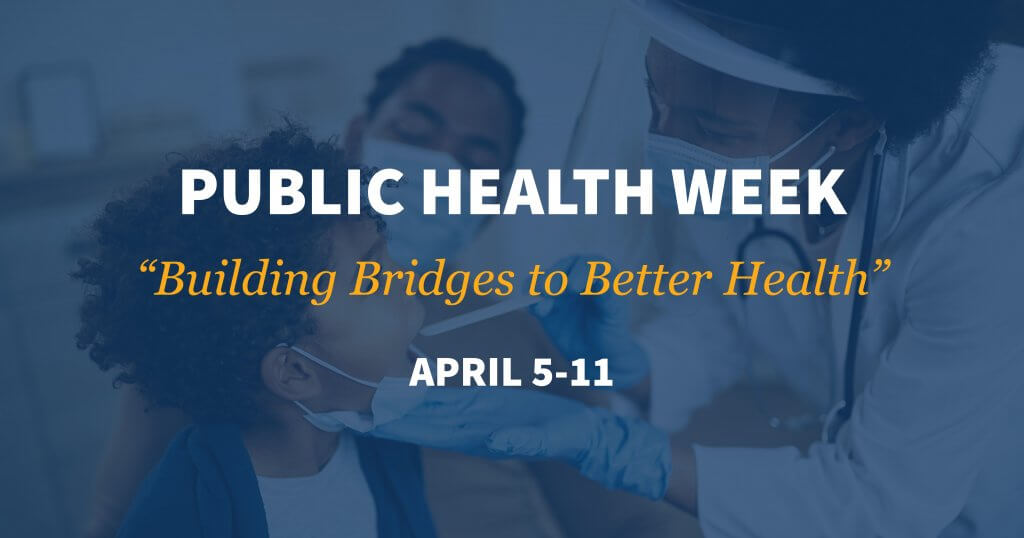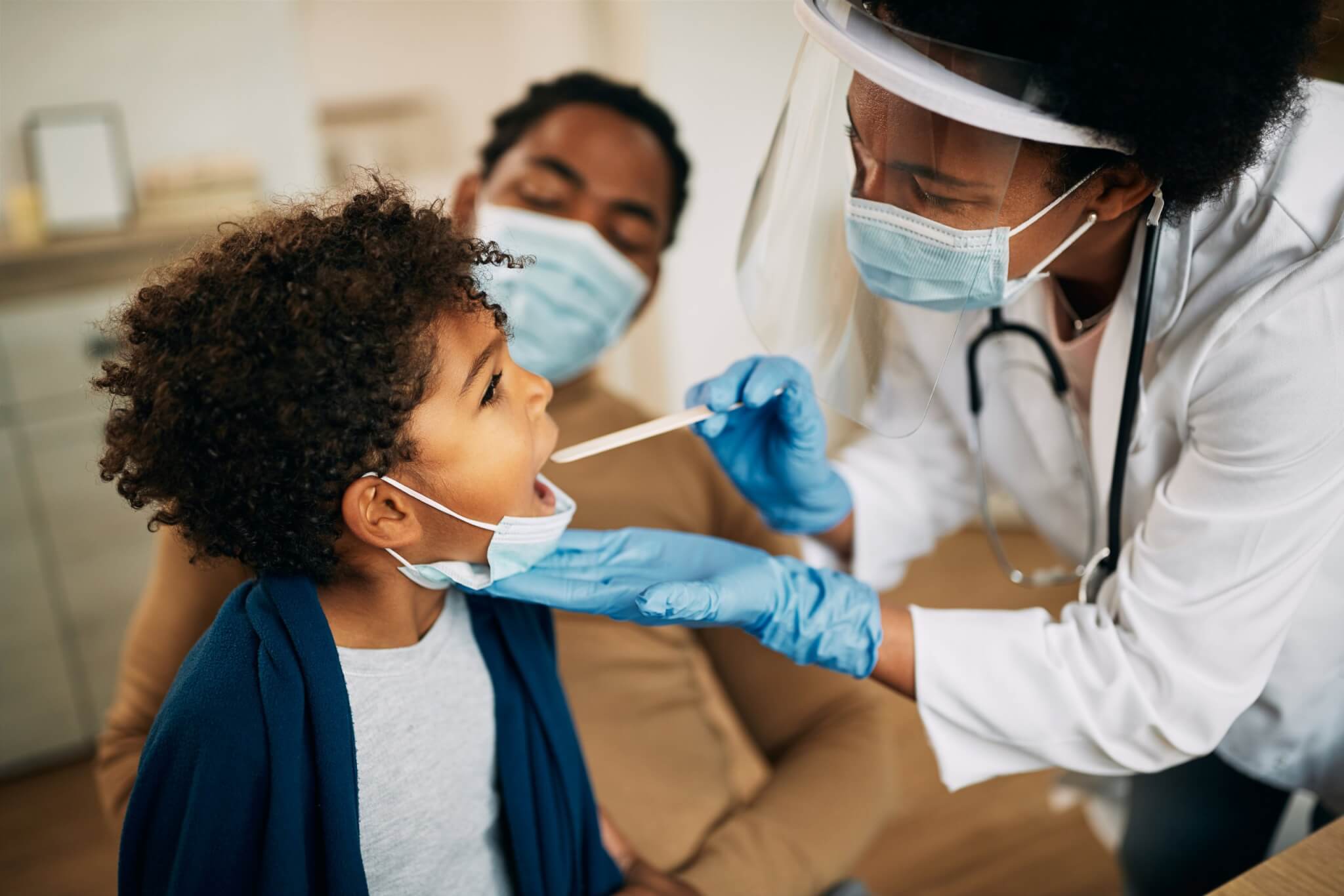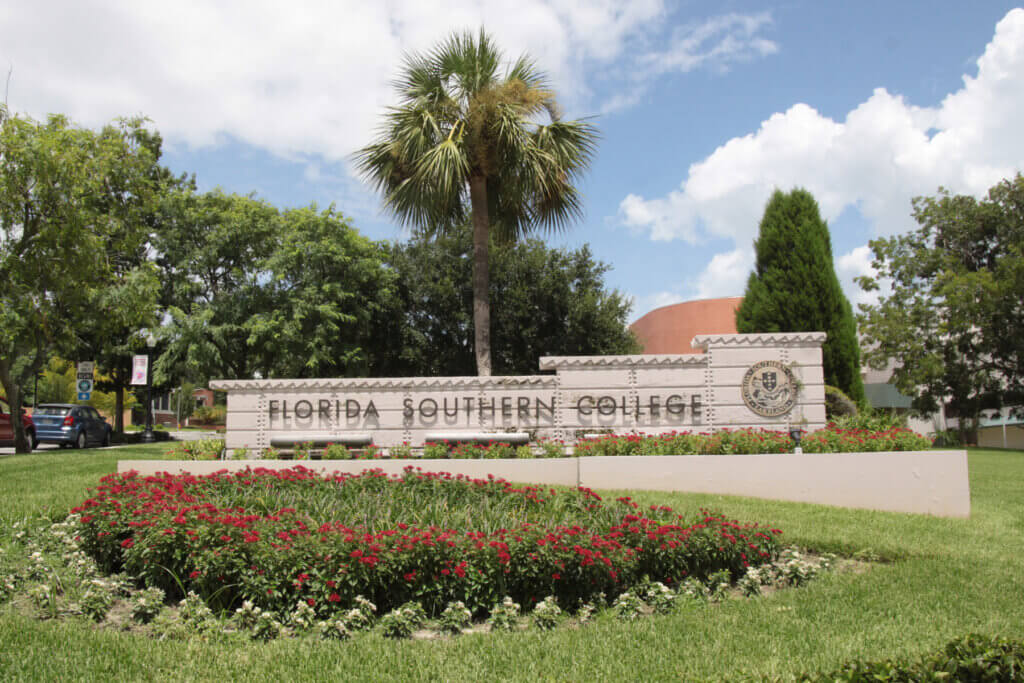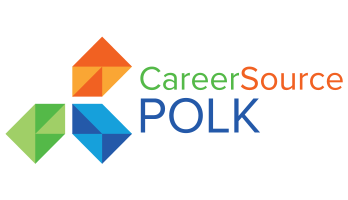Public Health Week Highlights the Need to Build Bridges
As the coronavirus pandemic continues to play havoc with our daily lives, national Public Health Week — which runs from April 5-11 — is more important than ever, highlighting the importance of making our communities safe and healthy and uniting communities for a common goal.
The American Public Health Association (APHA) kicks off this week using this year’s theme: “Building Bridges to Better Health.” According to its website, “Public health promotes and protects the health of people and the communities where they live, learn, work and play. While a doctor treats people who are sick, those of us working in public health try to prevent people from getting sick or injured in the first place. We also promote wellness by encouraging healthy behaviors.”
Continuing to work together to battle health issues is critical. The Central Florida Development Council talked to Dr. Daniel Haight, the Health Department’s former head in Polk County and now vice president of community health at Lakeland Regional Health, and Holly Vida, director of marketing and community relations for Central Florida Health Care, about this topic.
CFDC: Why is it important to keep every person in the community healthy, no matter where you are?
Haight: Keeping every person healthy is important in all communities because health disparities bring the entire community down.
Lack of access to care and differences in health outcomes based on race, poverty and educational level negatively affect the whole community. This was clear during COVID-19 when essential workers in public transportation, grocery stores, etc., suffered more. Their illnesses, hospitalizations, and deaths influenced their personal lives and the economy and contributed to health care strain.
Beyond COVID-19, infant mortality, unequal levels of stroke, late diagnoses of cancers all add to the suffering of groups impacted by disparities and harms an essential part of our diverse community.
CFDC: In your opinion, what is the biggest public health concern in Polk County (COVID aside)?
Haight: The biggest public health concerns in Polk County include diabetes, obesity, heart disease, and preventing and screening for cancer with an emphasis on the cancer-preventing vaccine for the human papillomavirus (HPV).
We continue to see residents who are delaying their regular medical care because of COVID-19. We want to encourage them that our hospital and doctors’ offices are safe and that telehealth options are available if desired.
We often repeat: “Please do not put off care for your chronic and emergency conditions.”
Vida: Polk County faces challenges in public health for many reasons, but the task of finding appropriate health care in a location that a resident can access is often the biggest hurdle. We have a shortage of providers in all areas of healthcare in Polk County, so when an individual is seeking treatment within a timely manner there is a strong possibility they are not going to be able to access it.
CFDC: The topic this year is Building Bridges to Better Health. What does that mean to you?
Haight: I often see a “bridge” as representing a connection from our past to our brighter future. I believe public health calls for forging relationships with community agencies that are key to better health outcomes and residents themselves. Understanding our community is so important to identifying and developing programs to meet the needs of the community.
Every three years, Lakeland Regional Health undertakes a Community Health Needs Assessment, bringing together those in education, transit, social services and health care to determine our community’s greatest health needs. Collaboration is so important.
Vida: For Central Florida Health Care, “Building Bridges to Better Health” is about helping to break down health care silos. Making sure that with every possible chance we can communicate an entire picture of a patient’s well-being and facilitating opportunities to ensure their health care needs are being met timely. That includes helping to build health care literacy, inclusion, awareness and mindful partnerships with patients. Also included would be continuing to build interagency relationships and collaboration.
CFDC: How can we all build bridges together to make Polk County an even more awesome place to live?
Haight: “Bridging” from the past, when we successfully eliminated diseases like smallpox and polio in the United States, can be repeated in the future as we prevent cancer in our children by fully vaccinating 9-12-year-olds with the cancer-preventing vaccination for HPV.
Another example is addressing the many years of health disparities that have had a devastating impact on Black, Hispanic and Native American populations from COVID-19. Our bridge to the future must better address diabetes, high blood pressure and obesity in these groups.
CFDC: What is LRH’s role in public health?
Haight: Lakeland Regional Health is steadfast in its commitment to strengthening the health of our community.
We work closely with the Department of Health in Polk County, particularly with detecting, preventing and responding to infectious diseases in our community. This has been most notable during our community’s continued response to COVID-19.
We also have an extremely active Injury Prevention Program, overseen by our Trauma Continuum of Care Coordinator, including poison control, drowning prevention and bike safety education and efforts. We also run a robust Stop the Bleed program to train bystanders on how to control major bleeding until emergency medical personnel arrive.
Lakeland Regional Health also offers a variety of community health and community education opportunities, including prenatal and newborn care classes and support groups, a 12-week FitChurch Challenge and a Congregational Health Partnership.
Vida: As Polk County’s only federally qualified health centers, Central Florida Health Care campuses provide a wide range of services, including primary care, dental, behavioral health, OB/GYN, pediatrics, optometry and pharmacy. We can provide these services to everyone with or without insurance, including a potential opportunity for a sliding fee scale.




